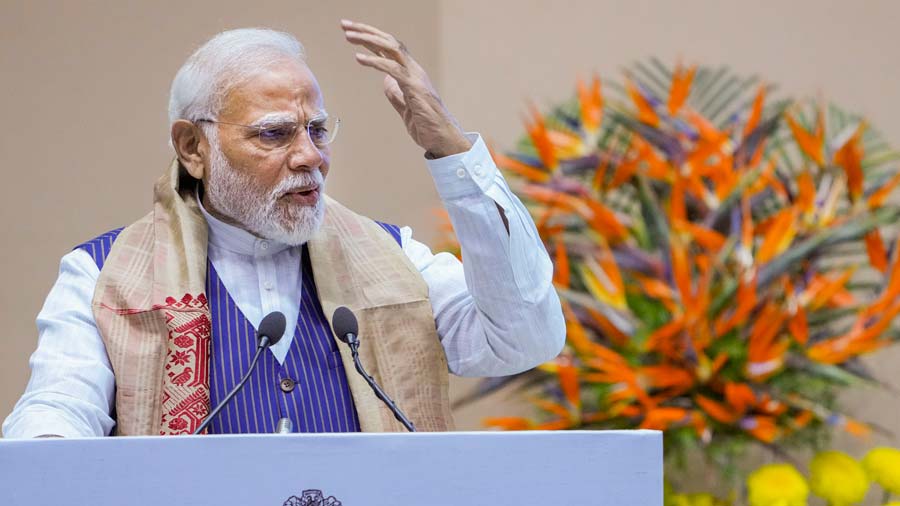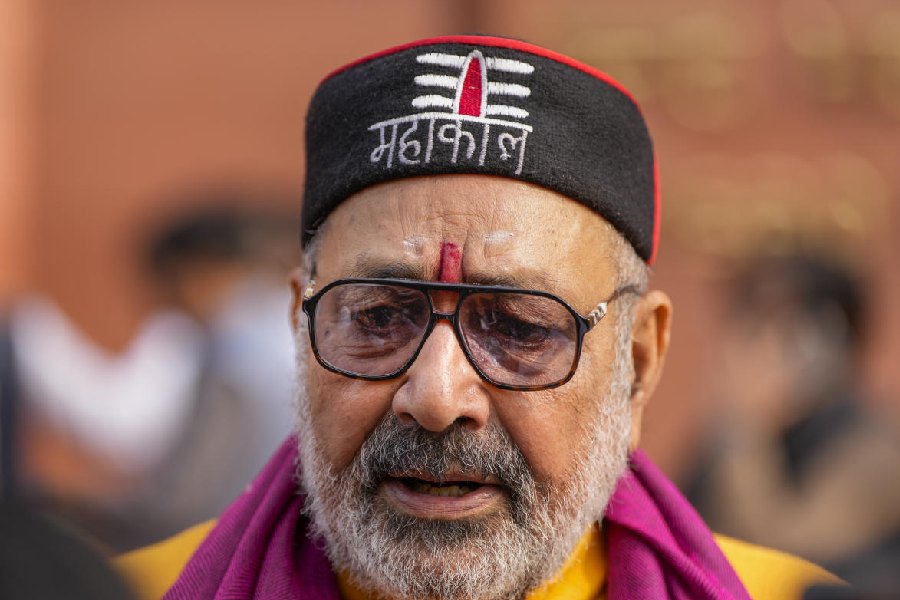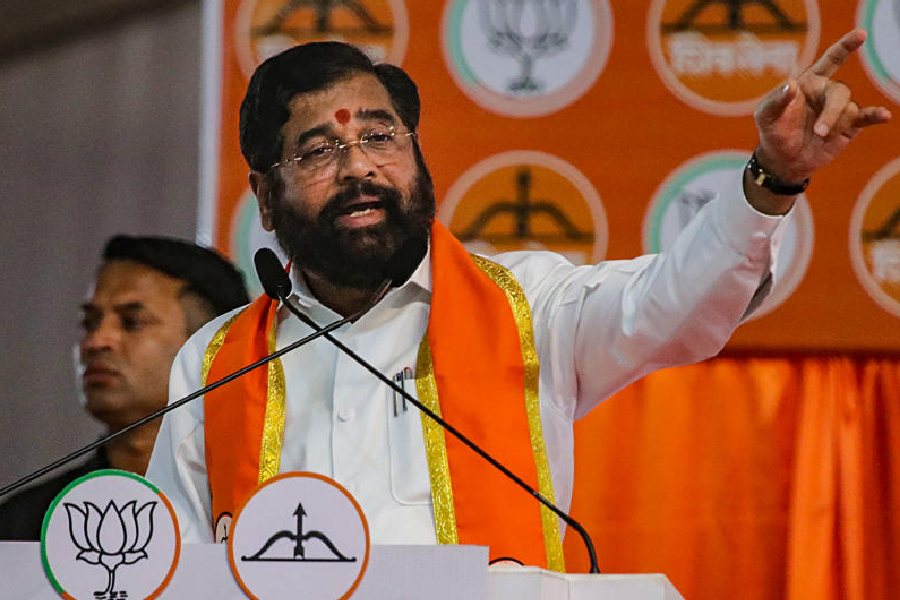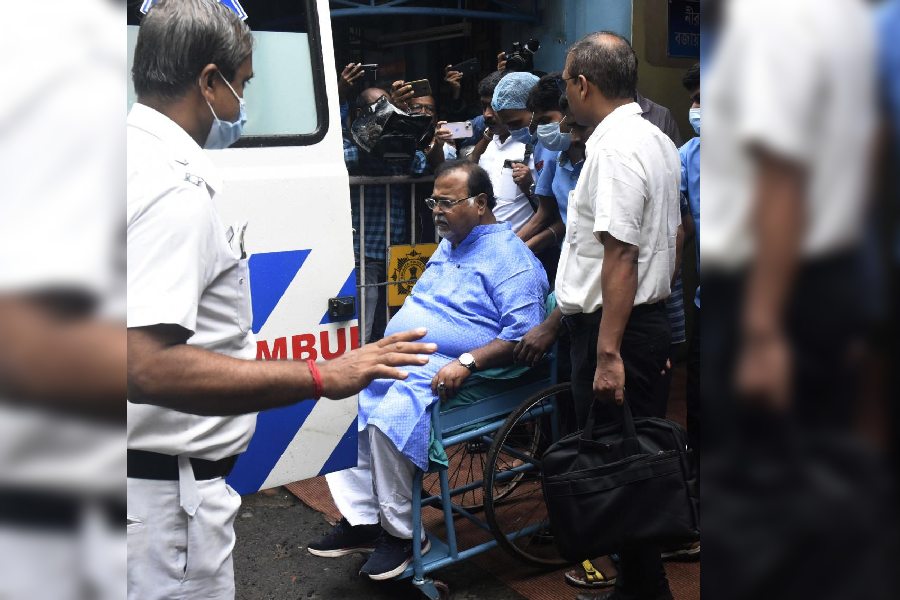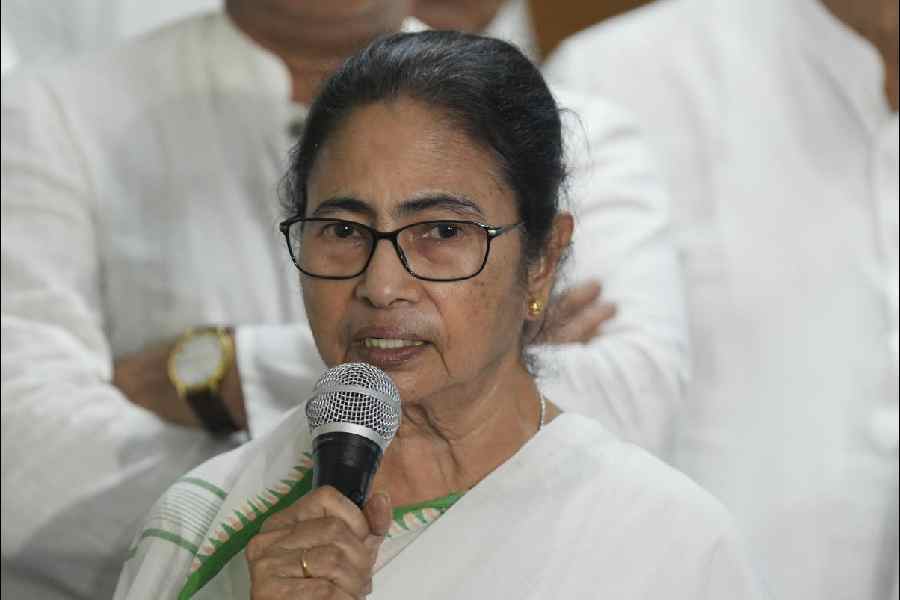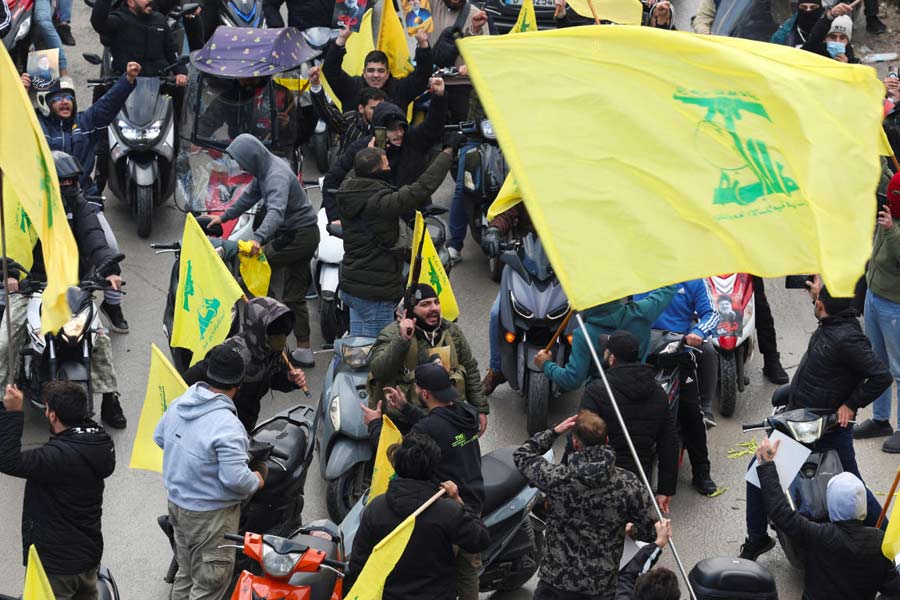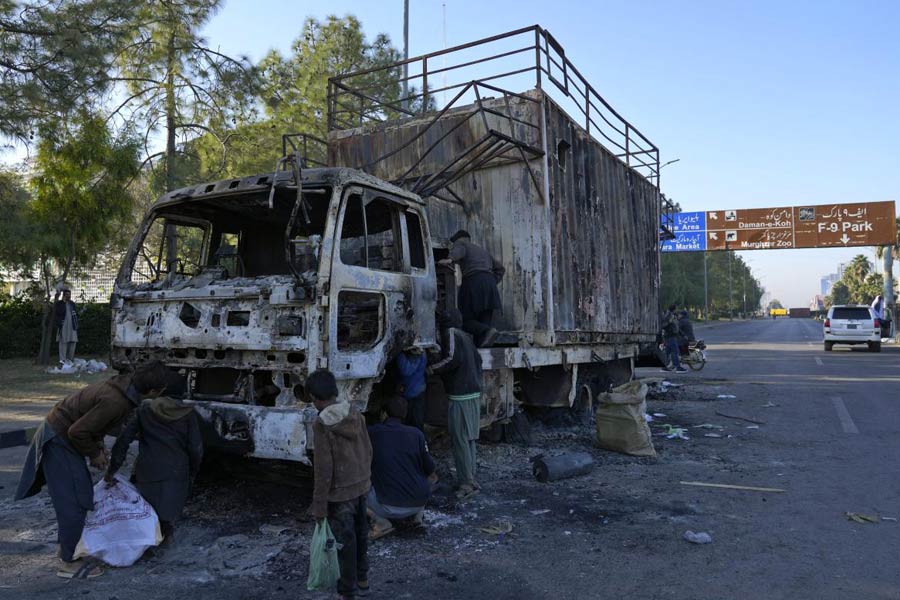Poll-bound Gujarat — the first phase of the assembly elections begins today — is likely to remain at the centre of the nation’s political eye till the declaration of results on December 8. This is not surprising. Two of the tallest leaders of New India — the prime minister and the Union home minister — hail from the state. Gujarat, where the Bharatiya Janata Party has remained in power for an astounding 27 years, is also looked upon as the BJP’s original laboratory of ideological, social and economic realignments. The mandate of the people of Gujarat is thus bound to resonate nationally. An additional cause of scrutiny this time has been the entrance of the Aam Aadmi Party into an electoral arena that has traditionally witnessed a two-cornered fight between the BJP and the Congress. The AAP claims to have created an impression, apparently among urban and minority voters. That should concern both the BJP and the Congress; urban Gujarat has been the BJP’s fief while the Congress is a force to contend with in the rural areas. But both have been dismissive of the new entrant: could the AAP’s disastrous forays into Uttarakhand and Goa be the source of such optimism? The Congress, which had put up an unexpectedly spirited performance in 2017, seems to have changed its strategy, choosing to invest in quiet, localised campaigns that are focusing on bread-and-butter issues.
The only unchanging entity seems to be the BJP. There has been speculation of the party battling not just incumbency but also anger among such segments of the electorate as farmers. That several serving legislators were dropped lends credibility to the talk of the BJP’s apprehensions. Predictably, the party has played its polarisation card to deflect unfavourable attention. Amit Shah’s recent remark, that ‘rioters’ were taught a lesson in 2022, an unabashed concession of the complicity of the State in orchestrated violence, was but one example. Among its poll promises — are these not rewadis that Narendra Modi dislikes? — are such contentious, divisive issues as the implementation of the uniform civil code. The decision to blow at communal flames is, of course, not limited to Gujarat. Polarisation and politics become indistinguishable whenever the BJP faces an electoral test. There can be no greater proof of the BJP’s unchangeability or, ironically, the vacuity of the prime minister’s pledge of inclusive governance.

